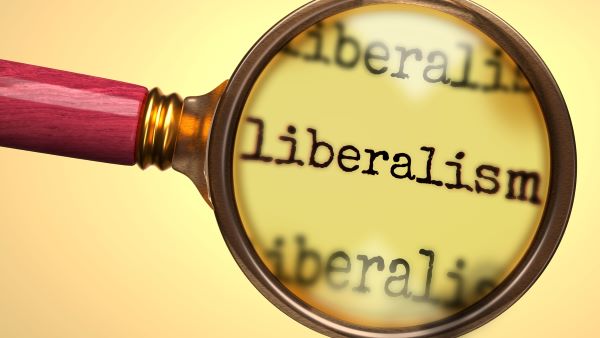Liberty Matters
Pareto’s Political View: Anti-metaphysics and “Irrationality,” a Clarification

Richard Wagner, who pointed out the crucial efforts made by Pareto in building economics as a science, reminded us that Pareto thought that economics urgently needed to be purged of metaphysics. This is true indeed, and metaphysics was the keyword for Pareto the economist. He described "pure economy" as human actions which follow some regular patterns "qui constituent des lois naturelles." (Pareto 1896, 397) Differently from Walras, who had adopted an exclusively deductive approach based on the internal coherence of the logical procedure without any concern about the realism of initial hypotheses, Pareto applied a combination of experimentalism and deductive method to build an economic theory free from any metaphysical residuals.[7] The necessity of handling empirical material was fundamental to his move toward realism.
Between 1900 and 1902 a well-known debate, hosted by the Giornale degli Economisti, occurred between Pareto and Benedetto Croce[8] around the scientific nature of economics and the urgency of purging it of any metaphysics. In a very peculiar Italian style, the philosopher Croce paradoxically attacked the economist Pareto of being metaphysical in reducing economic phenomena to physical facts. (Croce 1900; 1902) In his replies, Pareto claimed that any science, including economics, deals with functional relations, not with metaphysical causalities as implied by Croce. (Pareto 1901; 1902)
Nonetheless, Pareto took Croce's objection very seriously, and he admitted that "something else" can affect economic phenomena. To explain this "something else," in his following works Pareto presented the distinction between logical and non-logical actions. Candela rightly noted that this is not a distinction between rational and irrational actions, and Wagner stated that "this distinction does not mean that Pareto flirted with irrationality." I am not sure what "flirting with irrationality" means, but I must say that, on one side, Pareto gave a rational explanation of non-logical actions as derivations and residuals, and, on the other side, he regarded the residuals as bunches of irrationalities in human behavior which are rationally justified. In Pareto's time, irrationality meant instincts, sentiments, feelings, and anything else that is not measurable. This leads us to Pareto's liberalism. The act of starting any investigation with a critique of misunderstandings, irrationalities, and mistakes previously accepted belongs to the classical-liberal tradition. Think about Bacon's purge of idola, Bentham's fight against fallacies, Whately's battle against failures, and Mill's classification of fallacies. For those thinkers, the political arena is the best stage to see how human actors combine rationality and irrationality, residuals and derivations, driven by logical fallacies.
As Aron (1970) clearly claimed, Pareto did not speak for any particular group: he had enemies on both sides of the theoretical arena (philosophers in search of ultimate principles as well as scientists focused on science as an ultimate truth), as well as – I would add -- supporters on several sides of the political arena (fascists, classical liberals, revolutionists). Pareto was a liberal not only because he had advocated a particular political or economic doctrine, but because he embraced the inner nature of liberalism, which is freedom of investigation within a rational framework. As Alberto Mingardi wrote in his rejoinder, Pareto's "view of liberty is basically the liberty of being left alone."
Endnotes
[7.] For example, between the publication of his Cours and his Manuale, he discarded the notion of ophélimité as the measure of pure economic satisfaction and he started to use indifference curves to represent ordinal preferences.
[8.] Croce has been depicted as the fiercest advocate of liberalism, at least within the Italian philosophical tradition, which, to be honest, seems to me quite problematic because the rationalist Pareto, is usually considered a proto-fascist while the classical liberal Croce was a Hegelian.
Copyright and Fair Use Statement
“Liberty Matters” is the copyright of Liberty Fund, Inc. This material is put on line to further the educational goals of Liberty Fund, Inc. These essays and responses may be quoted and otherwise used under “fair use” provisions for educational and academic purposes. To reprint these essays in course booklets requires the prior permission of Liberty Fund, Inc. Please contact oll@libertyfund.org if you have any questions.